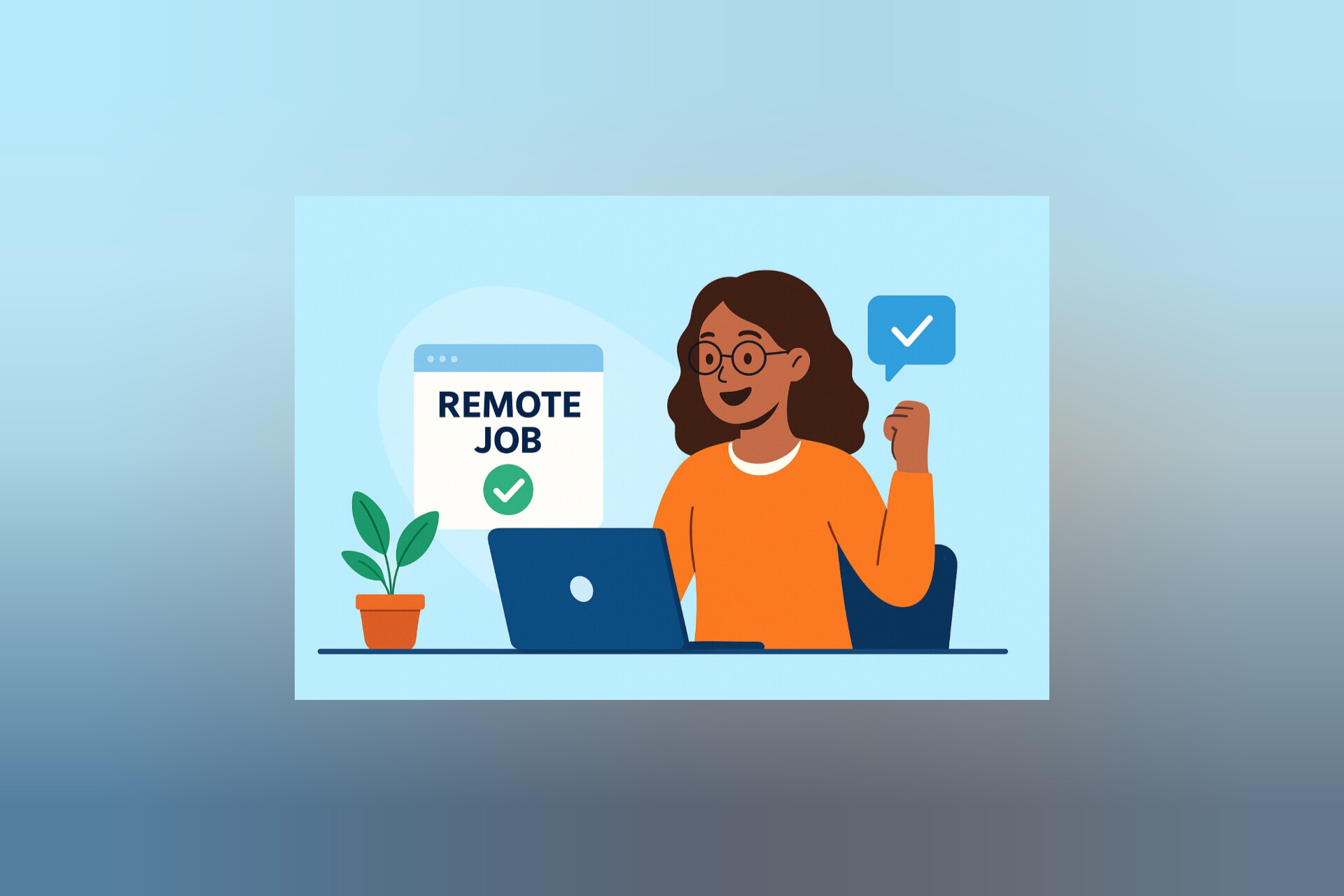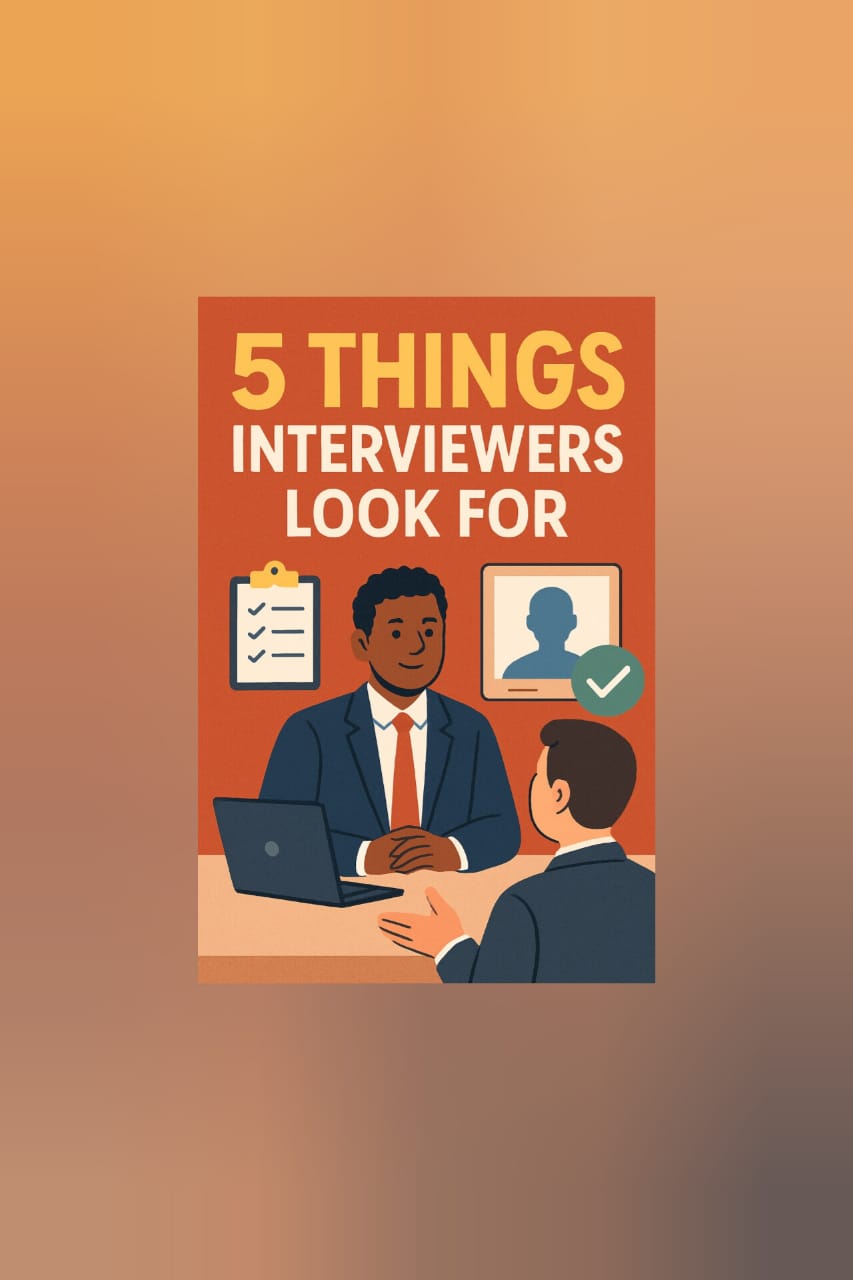
Remote work sounded like a dream at first, right? No traffic jams, no office politics over tea breaks, no 6 a.m. alarms just to catch a crowded metro. But then, the reality of it hit. Suddenly your home became your office, and the line between work and life blurred so much that you can’t tell if you’re on a lunch break or just working with food on the side. For Indian professionals, this has become more than just a lifestyle shift. It’s a cultural shift. And here’s where the big question pops up.
How do we even define work-life balance when we’re always online?
For many of us, balance meant clocking out of the office and reclaiming our evenings. But in remote employment, especially in Indian households where joint families and shared spaces are common, work doesn’t just end. Your boss may stop pinging you at 7:30 pm, but a cousin might walk in needing help with a laptop, or your parents may ask you to step out for groceries because "you’re anyway at home."
Work-life balance here isn’t just about hours; it’s about boundaries. And boundaries are tricky when your laptop and your bed are practically neighbors. Aplus Hub shared an interesting idea in one of their career discussions — that balance isn’t static. It’s dynamic, something you adjust daily depending on your priorities.
What makes work-life balance so complicated in India?
Let’s be honest. In countries with bigger houses, remote work means a separate study, maybe even a garden office. In India, your "office" could literally be a corner of your bedroom or the dining table. Add in intermittent Wi-Fi issues, power cuts in smaller towns, and the constant expectation that if you’re home, you’re available — and you’ve got yourself a cocktail of stress.
Then there’s the time-zone twist. Many remote jobs here are tied to US or European clients. That means night shifts or odd-hour meetings. When your friends are heading out for chai at 6 p.m., you’re logging in to start your day. Over time, this plays havoc not just with your social life but with your sleep, your health, and your sense of routine.
Can boundaries actually be built in a joint family setup?
This one hits home for a lot of us. Telling your parents or grandparents that "I’m working" doesn’t always register. Work, in their eyes, still means leaving the house. So what’s the fix? Communication and small symbolic cues. Something as simple as putting on work clothes instead of pajamas signals seriousness. A dedicated chair, even if not a separate room, tells people around you that "this is work time."
A friend of mine in Delhi swears by using headphones not just to block noise but as a visible "do not disturb" sign. Indians love non-verbal communication, so these subtle signals often work better than repeating yourself a hundred times.
Why do we forget self-care when working remotely?
Here’s the tricky bit. When offices shut, a lot of us celebrated the extra time. But slowly, the walk to the bus stop, the tea breaks with colleagues, even the quick lunch at the cafeteria — all of it disappeared. And these were not just small routines. They were mental reset buttons.
Working from home made many of us overwork. Some reports even showed Indian remote workers logging 2 to 3 extra hours daily compared to office days. Why? Because when you’re at home, there’s no external push to stop. Dinner can wait. Sleep can wait. But deadlines keep knocking.
The fix? Reintroduce rituals. Step out for a quick evening walk. Keep a non-work hobby alive — cooking, reading, gardening, anything that signals "this part of the day is mine." Self-care doesn’t have to be spa days. Sometimes, it’s just finishing work on time and shutting the laptop without guilt.
How can technology help instead of overwhelm us?
We’re drowning in tools. Zoom, Slack, Teams, Google Meet — sometimes it feels like we spend more time learning shortcuts than actually working. But if used smartly, these tools can become balance boosters.
Take calendar blocking. Instead of just filling it with meetings, block personal time too. Mark your yoga class, your dinner time, or even your "no screen" hours. Aplus Hub often recommends using simple job-tracking apps to keep focus sharp and reduce the mental clutter of juggling too many platforms.
And let’s not ignore automation. Indians are great at jugaad (quick fixes), but sometimes investing in proper task managers or scheduling tools prevents burnout. If a tool can remind you to log off, let it.
Is networking still possible when you’re not in an office?
One major worry remote workers have is career stagnation. Out of sight, out of mind. No chai with your manager, no bumping into the CEO in the lift. So how do you make sure you’re not invisible?
Here’s where platforms like Aplus Hub step in. Their idea of connecting job seekers not just to recruiters but also to peers in similar roles is a game-changer. Because balance isn’t just about personal time; it’s also about feeling connected professionally. Networking doesn’t have to mean late-night LinkedIn scrolling. It can be structured, focused, and even enjoyable when you’re exchanging real stories with people walking the same path.
What about the health side of things?
Indians often put career above health, especially in their 20s and 30s. But remote work has made the consequences more visible. Back pain from bad chairs. Eye strain from 10-hour screen marathons. Weight gain from less movement. Even mental health dips from isolation.
The solution isn’t complicated, but it needs discipline. A 20-minute stretch break. Setting your desk at the right height. Drinking enough water. Even keeping proper lights instead of working in dim corners. Small fixes compound into big results.
And let’s not skip the mental health angle. Having someone to talk to — a friend, a mentor, or even a therapist — is not a luxury anymore. It’s survival.
How do we balance ambition with life outside work?
Remote work often tempts us into over-delivering because we want to prove we’re not slacking at home. But chasing every deadline with no pause leaves us hollow. Ambition matters. But so does presence — with family, with ourselves, with the little joys of life.
Think of it like cricket. Even Virat Kohli takes singles between boundaries. You can’t live on sixes alone. Balance means knowing when to push and when to pause. And Indians, with our cultural richness and family ties, actually have a strength here. We know the value of togetherness. We just need to make space for it amidst work.
So, where does Aplus Hub fit into this balance?
Work-life balance starts with the right work opportunities. If you’re stuck in a role that drains you, no amount of meditation will fix it. Aplus Hub has built its ecosystem around simplifying that search.
-
They bring hidden job opportunities to one place so you don’t burn hours juggling platforms.
-
Their premium tools let you reach multiple headhunters at once — reducing the stress of endless follow-ups.
-
They even push for one-on-one conversations with people already in the roles you want, giving you real context beyond the job description.
In other words, they don’t just help you find work. They help you find the right work. And isn’t that the first step toward balance?
Final thought: is balance even possible, or is it just a buzzword?
Maybe balance doesn’t mean equal time for work and life every single day. Maybe it means flexibility. Some days, work takes the front seat. Other days, family or health does. What matters is awareness. Awareness that your job is not your entire identity. That your worth doesn’t end with your email signature.
Remote employment in India will keep evolving. But if we keep questioning, keep adjusting, and keep using platforms like Aplus Hub to reduce unnecessary friction, balance becomes less of a myth and more of a practice.
Because at the end of it, we’re not just working to live. We’re living to work well.
Don’t stress about searching every career page or job site. Stay ahead with the latest opportunities from different sources right here!
Related Articles
Scrolling through remote job boards feels like online dating sometimes — too many profiles, not enough real matches. Sure, there are tons of platforms saying they offer “remote roles,” but what do we actually get?
➡️ Low-quality jobs
➡️ Zero clarity
➡️ Ghosted after applying
➡️ And sometimes… scams 😬
Meanwhile, big companies are hiring remotely. Startups are going global. But finding those authentic roles in one place? Almost impossible. Most platforms make the job hunt a hustle — filters, fake postings, and unauthentic results.
Now here’s the plot twist. 🎬✨
Introducing Aplushub — the platform that said, “Enough of the nonsense!”
Aplushub brings 500+ legit remote jobs from trusted brands, remote-first companies, and fast-growing startups. Each opportunity actually leads somewhere.
Whether you’re in tech, marketing, HR, content, or just starting out — this platform gives remote job seekers what they’ve been begging for: authenticity + ease.
Remote work should be freedom, not frustration.
With Aplushub, it finally is. 🚀
Check this out Now- http://www.aplushub.com/
Ever walked out of an interview thinking, “I nailed it!”—only to never hear back? Well, as a consultant who’s seen hundreds of interviews, let me spill the chai: there are 5 things interviewers always notice—consciously or not!
1️⃣ How serious are you?
If you haven’t read about the company or what they’re building, it’s game over. Pro tip: ask a thoughtful question or share a suggestion—it screams I care!
2️⃣ Problem-solving mindset.
When given a situation, the focus isn’t just on getting the answer right—it’s on how you think. Even if you can’t solve it, showing logical “solutioning” wins big points.
3️⃣ Your first impression game.
For in-person interviews: dress right (Don't surpass shoes), How & when you use Hand gestures, how you place your hand & legs, shoulders upright or not, Never compromise on "Smile on a face"- these cover 40% of the decision.
Online? Camera on, audio checked, and wear something that shows effort (no, not your favorite hoodie).
4️⃣ The project connection.
Come prepped with at least one project that aligns with the JD or what the founders are building. That’s their Sweet spot.
5️⃣ The trust trigger—eye contact.
Be confident, look them in the eye (yes, even on Zoom). Confidence builds credibility.
Because remember—you’re not just being interviewed, you’re being observed ! 👀
You've gone through an education system that probably never taught you anything about professionalism, logical deconstruction, and comfort with ambiguity. You may have tremendous bookish knowledge, but lacking these three attributes is an immediate invisible red flag that will stop you from getting the job or the promotion you always wanted.
Let's throw some light on the top-5 common mistakes that highlight your lack of these attributes, and what you should be doing instead
- Showing up late without informing your interviewer/coordinator - there are genuine reasons one could be running late, but that needs to be duly communicated ahead of the planned interaction. Inform every marked on an invite, drop a text or give a call, but keep your stakeholders informed. Their time is as much valuable as yours.
- Turning up unprepared for the interview - if you are turning up unprepared, why is it that you are turning up at all? why waste your and interviewer's time? You are better off declining the opportunity, instead of ruining your reputation unnecessarily. You must invest 1 hour to read about the company, the opportunity, some information in the public domain and so on, if you have chosen to show up for an interview.
- Going silent instead of communicating effectively with your stakeholders - it might come as an insight but everyone knows you would evaluate multiple opportunities before chosing one, everyone knows that your decision might be influenced by your loved ones, and everyone is okay with your being unsure, but nobody likes to be left wondering about what might be happening. So, good, bad or ugly, communicate, communicate and communicate! You'll build more relationships that you ever thought, and you never know, one or more of these relationships may turn gold in the times to come.
- Rambling stuff that does not make sense - let us fill you in on another secret, nobody - not even the most successful individuals can know everything about everything in the world. So, when presented with topics/questions you have no clue about, you got to either draw parallels from what you have expertise on, rationally break down the information you are presented with to come up with simple yet logical answers, or admit you do not know anything about this but can talk about something relevant to the opportunity being discussed in detail.
- Demanding a bomb without a concrete rationale - the whole world is underpaid, friends! who doesn't want more, but that's not how it works. Your next compensation cannot ignore your current and/or previous compensations. If you chose to take a sabbatical, took an opportunity by taking a haircut, or become an entrepreneur that eventually did not work out, you have to make peace with your decision. Nobody else had a say in that! You can definitely demonstrate additional skills/knowledge that you acquired during this period (that surely has a value), but that value isn't the only figure on which your next compensation will be decided on. So, learn about the market standards and try to limit your ask within the broadly acceptable range.




